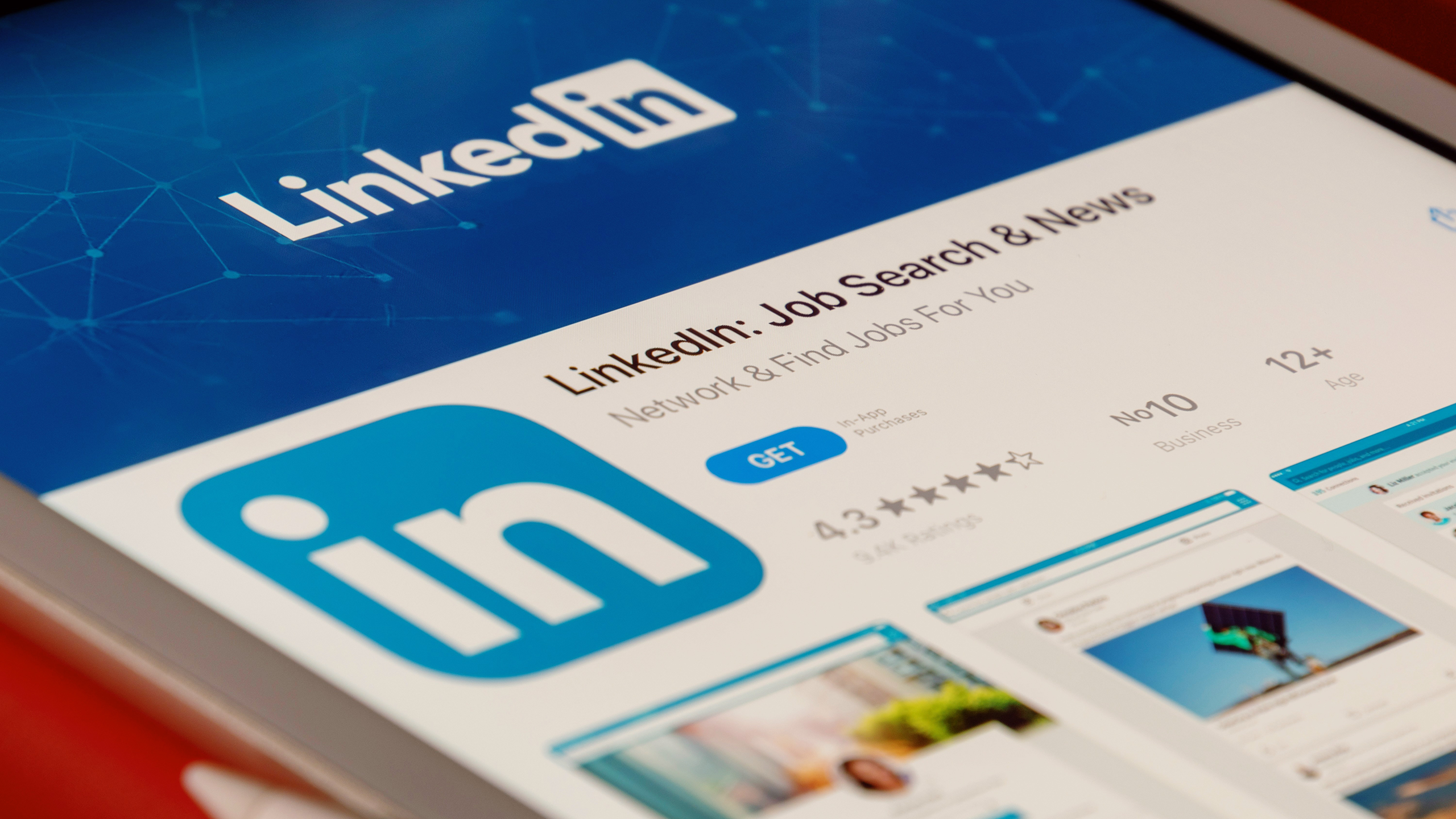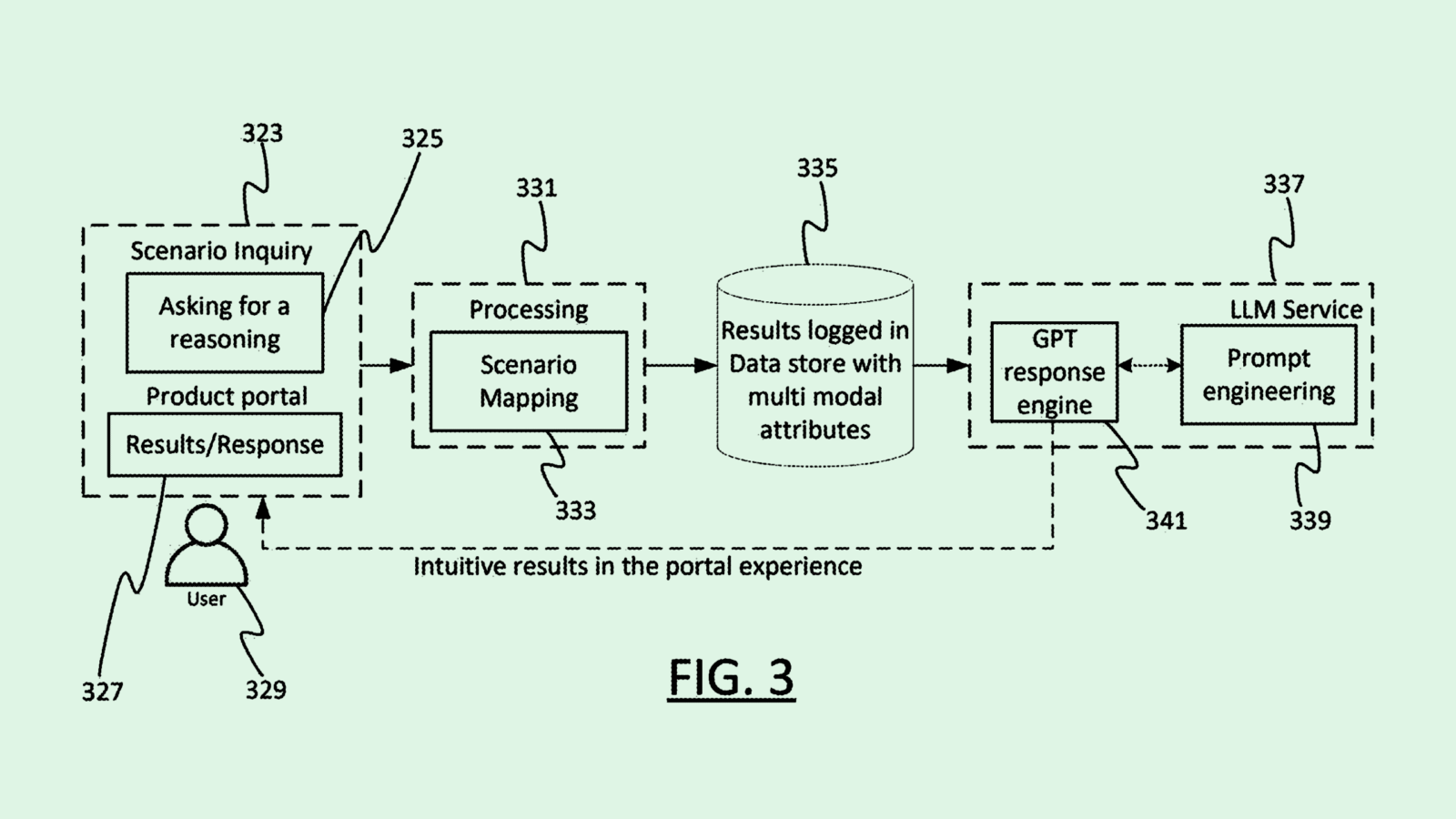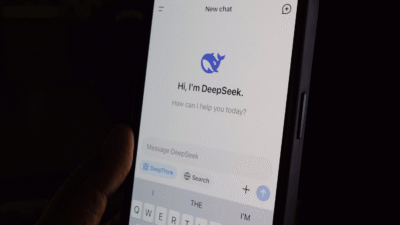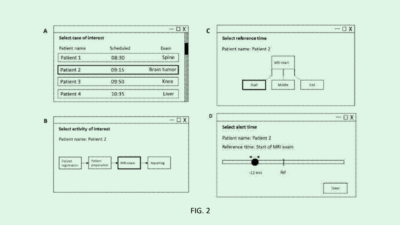LinkedIn Deepens Its Facebookification with AI Data Scraping
Reports have surfaced that LinkedIn is quietly opting its users in to data scraping so it can train its large language models.

Sign up for smart news, insights, and analysis on the biggest financial stories of the day.
Scraping users’ data without their say-so? How awfully 2018 of you.
Last week, reports surfaced that LinkedIn — the job-finding platform-turned-social network where people bare their souls and tenuously link their personal lives to B2B sales — has been quietly opting its users in to data scraping so it can train its large language models. It’s part of LinkedIn’s big drive to find a bigger role for itself than “fancy classifieds board.”
Open to Data Scraping
LinkedIn has been looking for ways to make its platform more sticky — more of a place you go to pootle around rather than look for job listings, then leave. It’s already taken on some of the characteristics of the old Facebook-slash-Instagram wall, including introducing posts it thinks you’ll engage with rather than just presenting posts from people you know. More recently it also introduced games, and it’s trying to build AI chatbots that dole out career advice to keep users coming back. “It’s about building this daily habit,” editor-in-chief Daniel Roth told the Financial Times in July.
It looks like, to build those AI products, LinkedIn has been quietly harvesting user data, as reported by tech publication 404 Media last week:
- Users outside of the EU, the UK, the EEA, and Switzerland can go into their settings and find a toggle for opting out of data scraping for its AI models, but it’s pretty tucked away. If a LinkedIn user in one of those regions tries to find the page, they’re met with a message: “This setting is not available where you are located because we do not currently use your data to train generative AI models for content creation.”
- This is to shield LinkedIn from getting whacked over the head by Europe’s privacy laws. Grok, Twitter’s answer to Chat-GPT, has been hit with nine European privacy complaints over how it processes user data.
Juice It Up: LinkedIn’s AI products are just a small subset of Microsoft’s overall AI ambitions, which are growing so large it’s on the hunt for as much energy supply as it can get its hands on. On Friday, Constellation Energy announced that, in order to supply Microsoft, it will be firing up one of the old nuclear reactors on Three Mile Island. To be clear, this will be a different reactor than the one that melted down in the 1970s, but still — the optics ain’t great.











